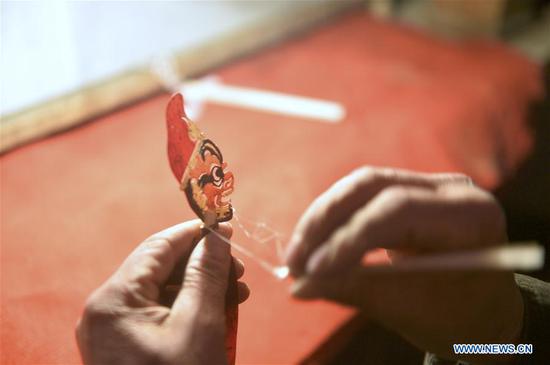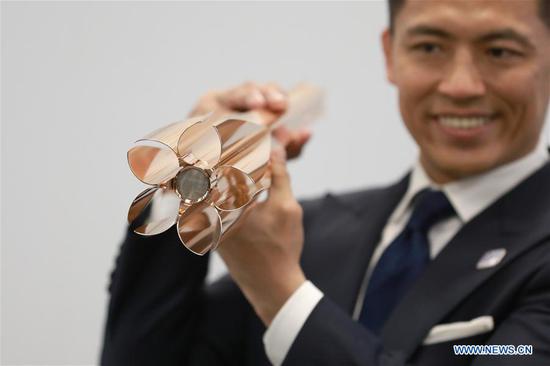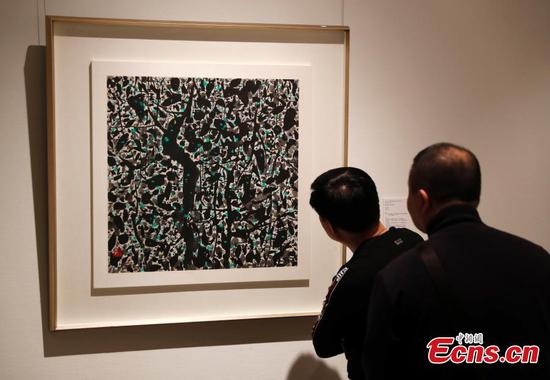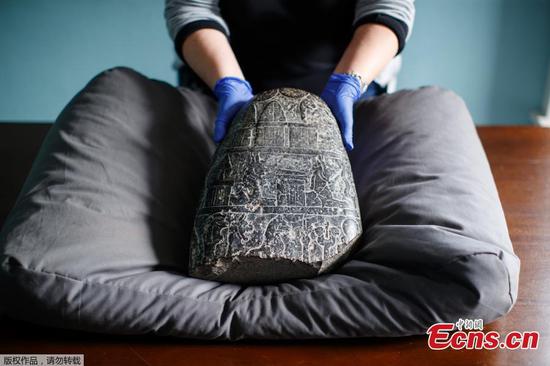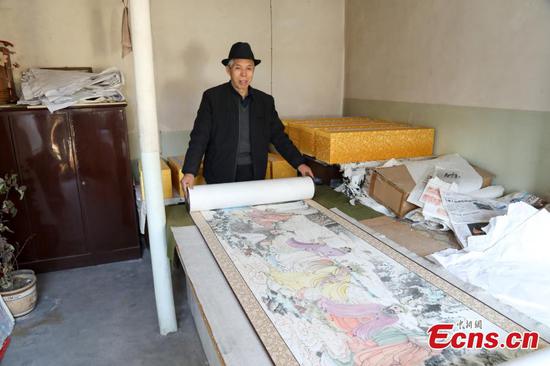People with sleep problems usually think they can adjust by themselves at first and then resort to medication when they fail, according to Guo Xiheng, director of the sleep and respiratory center at Beijing Chaoyang Hospital, Capital Medical University.
Some people use healthcare products, a common one being melatonin. "Unlike drugs, healthcare products can only increase people's confidence in believing they can have a good sleep … but they have almost no real effects in lessening their problems," Guo said. "People's inability to fall asleep is closely linked to psychological factors."
He also warned that abusing healthcare products may interrupt people's normal hormone secretion, and that abusing drugs used to treat insomnia can even be fatal.
Guo recommends that people with sleep problems visit a doctor, who will give them treatment plans based on their individual situations.
To encourage treatment, China is promoting its clinic system and organizing events to raise people's awareness of the necessity of sleep.
China now has over 3,000 medical institutions offering consultations and treatment for sleep problems, including hospitals and private organizations, according to Han Fang, president of the Chinese Sleep Research Society.
In 2016 and 2017 the number of medical institutions offering such services increased by about 25 percent, but Han said this is still inadequate. "Taking Beijing as an example, less than 3 percent of sickbeds are for patients with sleep problems, while the rate in Germany reached 10 percent in 2015, so we still have a long way to go," he said.
Many people with sleep problems also lack awareness of scientific treatment. "Less than 2 percent of them participate in diagnosis in medical institutions, and there are many unidentified insomniacs around us," Han said. "We need to focus on training professional talent to meet society's demand and establish a complete sleep medicine system. The good news is that China is promoting its standardized management of sleep treatment."










